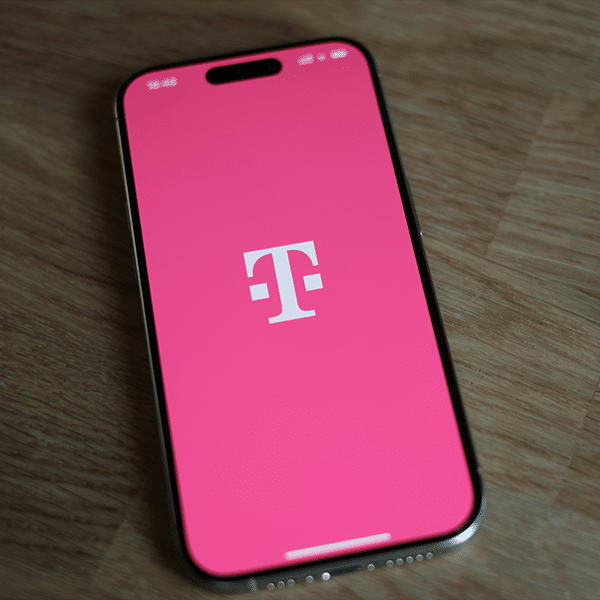 Mobile carrier Big Data spending will exceed $50 billion through 2021, according to new reports from ABI Research titled ¨Big Data & Machine Learning¨ and ¨Telco Big Data, Analytics and Machine Learning.” The forecast includes machine learning analytics.
Mobile carrier Big Data spending will exceed $50 billion through 2021, according to new reports from ABI Research titled ¨Big Data & Machine Learning¨ and ¨Telco Big Data, Analytics and Machine Learning.” The forecast includes machine learning analytics.
Enhancing fraud mitigation and revenue assurance number among the benefits anticipated, ABI highlights. Legacy fraud mitigation systems employ rules-based algorithms to detect and prevent fraud. They have proven somewhat inadequate when trying to keep pace with the increasing scale and sophistication of cyber-threats.
Able to ¨learn¨ on the fly based on actual incursions, application software based on machine learning methods and techniques improve carriers’ ability to detect and prevent fraud, ABI explains.
In addition, predictive machine learning analytics based on very large data streams and real-time network management enable mobile broadband carriers to spot network anomalies and emerging trends more quickly and accurately. That, and other associated attributes can result in greater network automation and increase the efficiency with which network resources are used, according to ABI.
“Machine learning-based predictive analytics are applicable to all aspects of the telecom business,” ABI VP and Managing Director Joe Hoffman was quoted in a press release. “It is important that operators master and internalize these technologies and not rely solely on their vendors’ expertise. Executives that overlook big data and machine learning risk irrelevance.”
Mobile Carrier Big Data Spending
Mobile broadband carrier spending on IT for Big Data and machine learning and supporting technology, such as the open-source, Java-based Hadoop platform, SQL/NoSQL data management and orchestration platforms will exceed $7 billion in 2021, ABI forecasts.
Spending on predictive analytics will account for the single largest share of Big Data-machine learning spending, however. Spending on predictive analytics based on machine learning will grow at a CAGR of nearly 50 percent and reach $12 billion in 2021, ABI says.
Ericsson, Huawei, Nokia and ZTE are among the leading vendors. Chip vendors such as Intel and Qualcomm also are delivering solutions pertinent to the telecom operator, as are Hadoop/NoSQL startups such as Argyle Data.
“These are exciting times for mobile broadband as we see the convergence of IT and telecom, virtualization with software-defined networking, or SDN, and network function virtualization, or NFV, the adoption of artificial intelligence machine learning, and the ubiquitous coverage of all-IP 4G and 5G networks,” Hoffman added.
“With the rise of commercial cloud infrastructure and machine learning services, every mobile operator can be a big data company. In just a few years, we will see the mobile networks of tomorrow manifest into giant, distributed supercomputers, with radios attached, continuously re-engineered by machine learning.”


